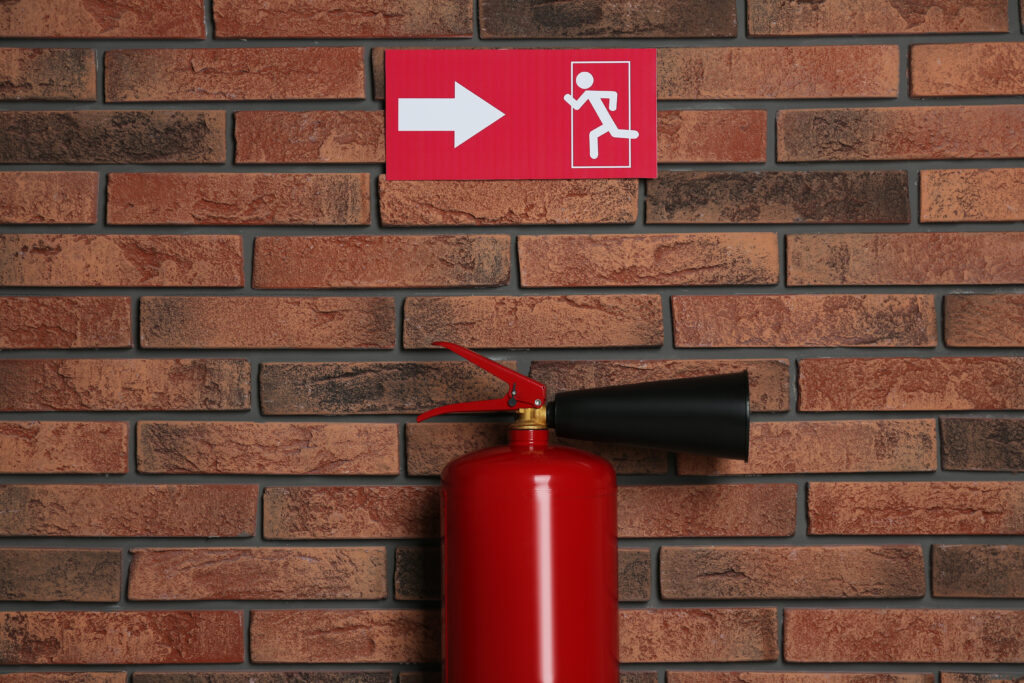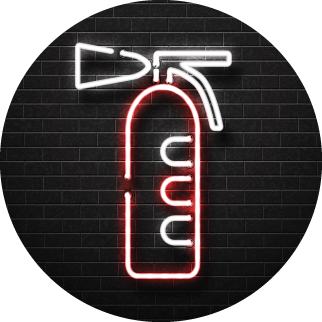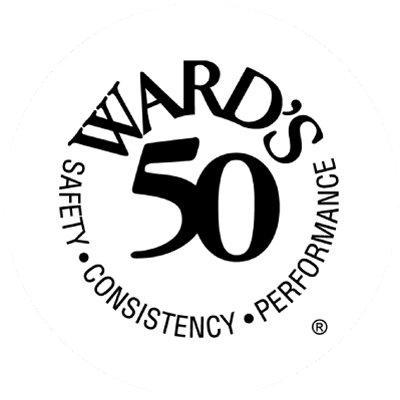Restaurant Fire Safety and Prevention

What You Need to Know About Fire Safety at Your Restaurant
If you operate a restaurant, there are a number of dangers inherent in the business, including fire. Restaurants are at risk of fire damage for several reasons, from cooking mishaps and grease fires to gas leaks and electrical fires.
In an article for Eater in 2018, New York City Fire Department spokesman Jim Long said:
“Restaurant fires run the gamut in regards to causes. You have refrigeration equipment, appliances that are electrically supported, overheated motors, and belts in machinery.”
According to the National Fire Protection Association…
- In the United States, a fire department responds to a fire every 23 seconds.
- In 2021, fire departments responded to 1,353,500 fires, which “caused 3,800 civilian deaths, 14,700 civilian injuries, and $15.9 billion in property damage.”
- Restaurant fires result in approximately $165 million in property damage each year.
- Between 2012 and 2016, fire departments responded to an average of 8,240 fires at restaurants each year.
How can you keep your restaurant safe?
From building maintenance to staff trainings, there are many safety measures you can and should take to prevent a fire at your restaurant. Here are some best practices to follow to reduce your restaurant’s fire risk.
Prevention
First and foremost, your restaurant should take the following measures to prevent a fire from happening.
- Install an automatic fire-suppression system for the kitchen, and have it professionally inspected twice a year. Fire suppression systems were created to automatically disperse chemicals that control flames; they also have a switch for manually turning on the system. When the system is activated, the fuel or electric supply to connected cooking equipment is also stopped.
- Keep portable fire extinguishers handy. A Class K extinguisher is used for restaurant fires caused by grease and other substances that burn at high temperatures. This type of extinguisher should only be used after a built-in hood suppression system has been activated. In addition, Class ABC extinguishers should be kept on hand for other types of fires such as wood, paper or electric.
- Install fire alarms. Fully operational fire alarms which are regularly tested and maintained help employees detect fires sooner, which can help to minimize damage and potential injuries to occupants.
- Have a working sprinkler system. A well-maintained and regularly tested sprinkler system can help suppress a fire, preventing it from growing and spreading.
Maintenance
Regular maintenance is crucial to restaurant fire safety.
- Have your exhaust system inspected for grease buildup. Monthly inspections are required for exhaust systems that use wood or charcoal for cooking; quarterly inspections should be conducted for busy restaurants, with semiannual inspections for moderate-volume operations.
- Be aware of gas leaks, which can happen with older equipment or equipment which hasn’t been properly maintained. Leaks are usually detected by smell, but can also be seen by the presence of a flickering yellow or orange flame instead of a steady blue flame, or if the pilot light has gone out in gas ovens or stoves.
- Annual public inspections by fire departments or local code enforcement officials are conducted to make sure safety procedures, including exit signs, seating arrangements, maximum occupancy and other factors are properly upheld.
- Any fabric materials, including chairs and other seating, and curtains or draperies, must be fireproof. If real candles are being used, the restaurant must have an open flame permit.
- Don’t forget about electrical fires! Electrical fires can start when unsafe wiring, sockets, plugs or other electrical parts become overheated and come into contact with flammable material. This is especially true in older buildings that may have outdated wiring that can’t handle the increased voltage requirement of modern appliances. Schedule regular maintenance for electrical equipment. Be on the lookout for worn cords or wiring, broken switch plates and combustible materials near power sources.
Cooking System Cleanings
- Oven hoods pose a substantial fire risk if not adequately cleaned and maintained. In addition to nightly cleaning, a more thorough cleaning is necessary on a regular schedule.
- Fires can spread when flames get into the kitchen’s ductwork and exhaust system, which are the vents and fans behind ovens and stoves that extract flammable vapors and smoke. These items typically have much grease buildup, which is why it’s critical to clean them regularly.
- Clean the grease. Make sure your staff cleans the exhaust hoods, since grease buildup restricts air flow. Clean grease from work surfaces, walls and equipment such as ranges, grills, vents and filters.
Staff Training
When your staff receives regular, comprehensive training for fire safety and prevention, they can keep your restaurant safe.
- Staff training is critical. Conduct complete, hands-on training with your employees about what to do in case of a fire, from proper use and location of fire extinguishers, to methods for safely evacuating people from the building. Your local fire department may be able to help with training.
- Make sure staff removes ashes from wood- and charcoal-burning ovens daily. The ashes should be kept outside in metal bins 10 or more feet from buildings and flammable materials.
- Guarantee clean facilities to avoid fires. Store paper products, fabric materials, cardboard boxes and food away from heat and cooking equipment, and ensure that dirty rags, trash, and flammable materials are removed at least once a day.
- Make sure cigarettes are extinguished before disposing of in a trash receptacle, and never allow employees to smoke in or near storage areas.
Finally…
- Check emergency and exit lighting. Main power may be lost during a fire. Regularly test emergency and exit lighting to ensure backup lighting work properly, which will allow patrons and staff to safely exit the premises.
- And, don’t forget about insurance for your restaurant! Merchants provides complete protection for your restaurant. To learn more, check out our Restaurant Insurance and find an independent insurance agent near you!
*This article was originally published October 5th, 2020. It was last updated on June 4, 2024. Sources linked throughout.




